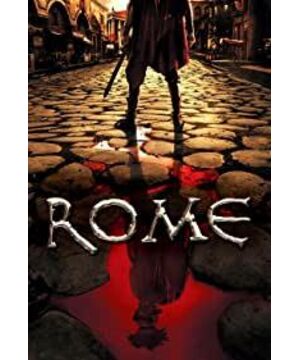The most interesting thing about the whole show is the two of them. Caesar's "The Gallic Wars" records the two: This legion (the 11th legion, see http://en.wikipedia.org/wiki/Lucius_Vorenus entry introduction) has two extremely brave men, One was called Titus Pullo and the other was called Lucius Vorenus, both centurions about to rise to the first row. They were constantly arguing over who should be ahead of the other. The competition for this position is fierce every year. When the battle before the fortifications was getting very tense, Poullow of the two said: "Valenas, why are you hesitating? Are you waiting for a better opportunity to show your courage? Today It's time to decide our argument." Having said this, he stepped out of the trench and charged towards the densest part of the enemy. Varenas was afraid that people would say he was timid and refused to stay on the barrier, so he followed closely. Not far from the enemy, Purlo threw his spear at the enemy, piercing one of the enemies running toward him in one stroke. When the man was wounded and fainted, the enemies shielded him and threw their spears at Purlo in all directions, so that he had nowhere to retreat. His shield was pierced, and a spear was pinned to his belt, and his scabbard was slanted to the other side. While groping, the enemy surrounded him. His rival Varennas rushed to his side, helping him when he was in danger. All the enemies thought that Pullo had been speared to death, and immediately let go of him and turned to attack Varenas. Varenas engaged them in short combat with his sword, and after killing one, the rest were driven back for a while, but when he was chasing hard, a somersault fell into a hollow on the ground. This time he was surrounded by enemies again, and Purlo came to his aid. Although the two killed several enemies, they were not injured at all and retreated to the moat amid enthusiastic cheers. In this competition and competition, the god of fate seems to have patronized these two opponents in turn, making one the assistant and savior of the other, so that it is impossible to tell which of the two is braver. ("The Gallic Wars, Volume 544")
View more about Rome reviews











